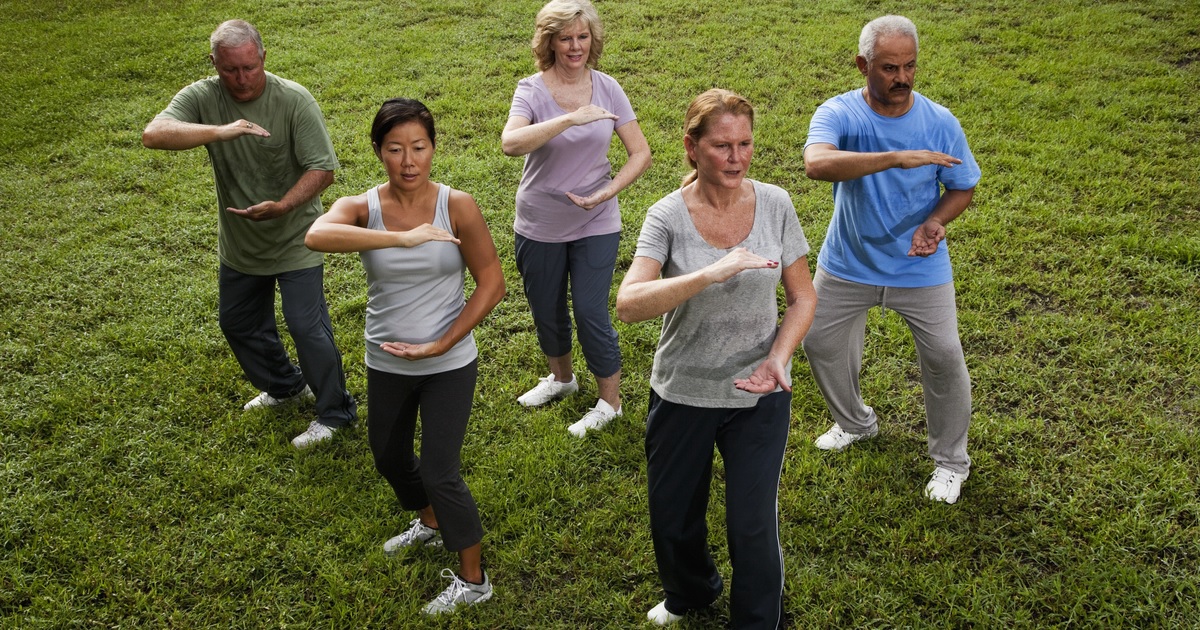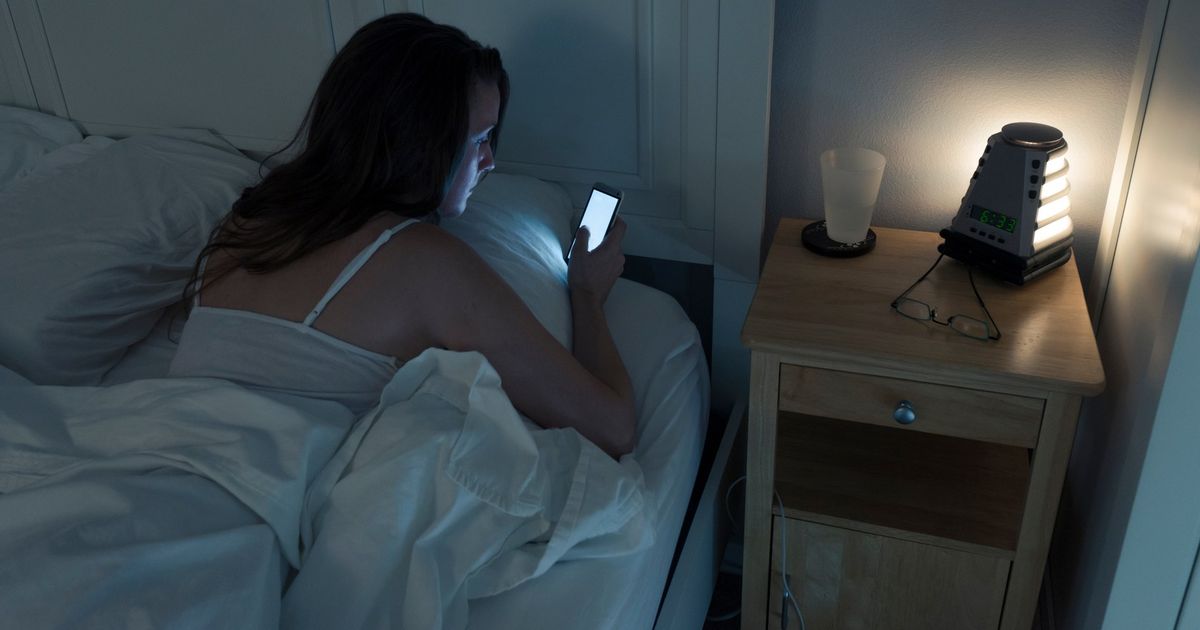Major Habits To Kick For A Good Night's Sleep
Get Up, Get Moving

At the end of a long day at work, it can be really tempting to just go home and binge-watch something on television. But, if sound sleep is elusive, it's probably better for individuals to get active rather than spending the night watching the news or the latest episode of their favorite television show. It's important to get active, and doing so can be really beneficial on a number of fronts. Exercising for as little as thirty minutes five days a week can not only be a good way to get fit and feel better, it can also help channel aggression and anger when there's workplace stress.
Bye, Bye Blue Screen

As a society, we have come to depend on our cell phones and tablets a lot. Some individuals can't go to the bathroom without them and some carry their cell phones from the moment they wake up to the moment they go to bed. It's part of the 24/7 connection culture we've bought into. But the blue screen light from the digital equipment can actually affect sleep patterns negatively. Researchers have found individuals who use their digital equipment just before bed have far more sleep pattern problems. Their recommendation is to stop looking at screens at least a half hour before bed and to actually put devices aside far from the bedside to avoid temptation. When electronic use is unavoidable, experts recommend changing the light and filtering settings to a red tone rather than blue to help mitigate the negative effects.
